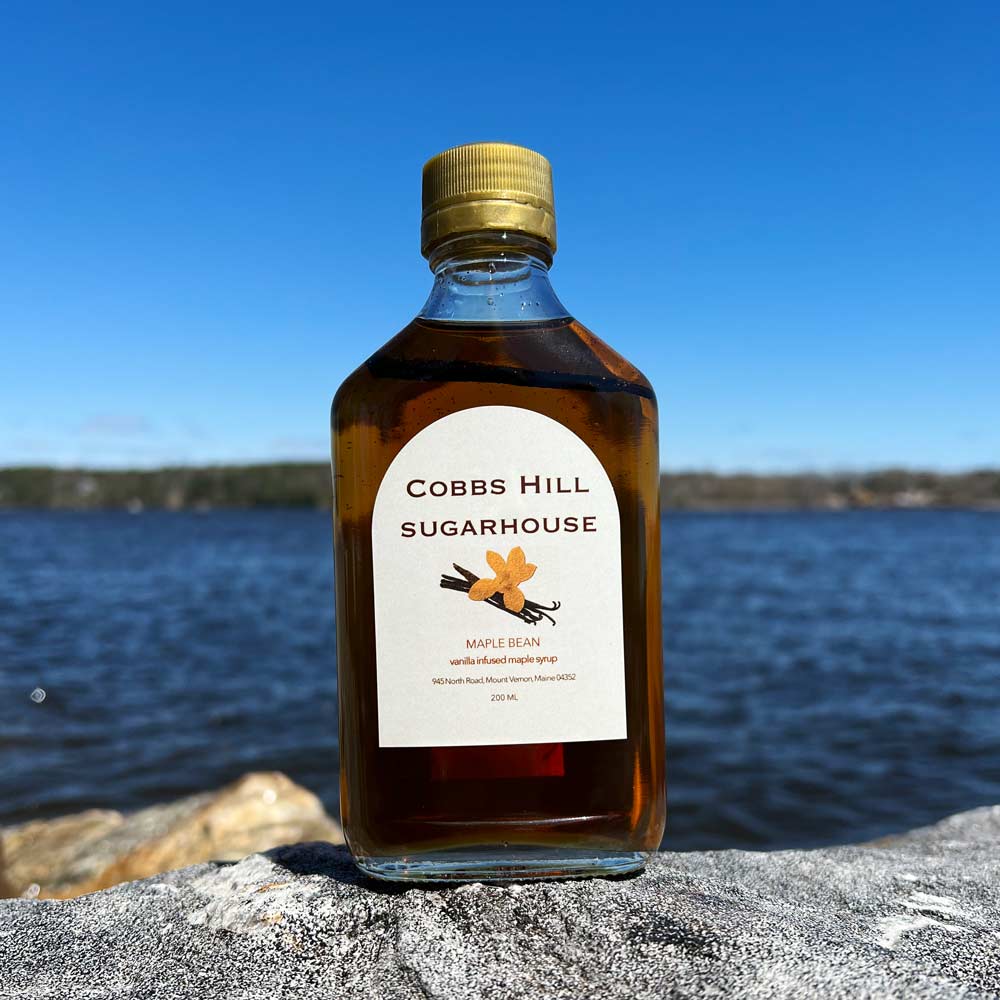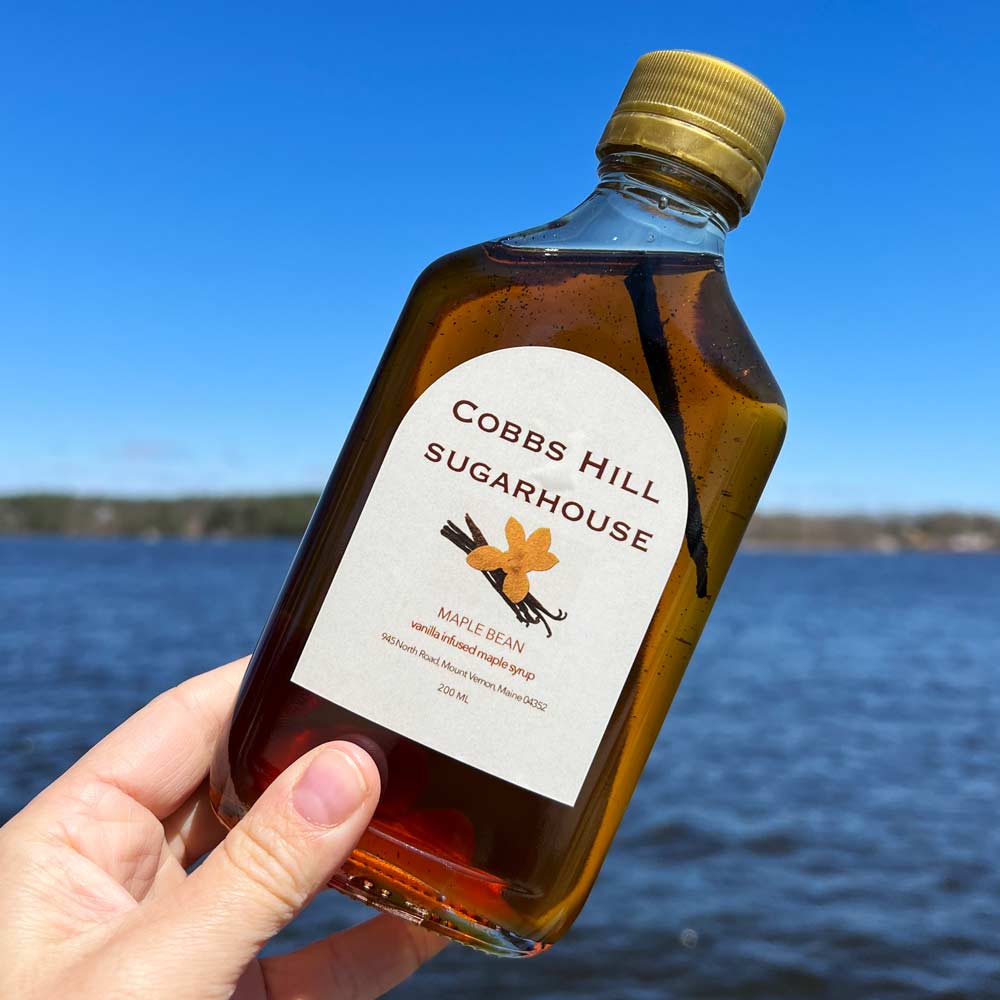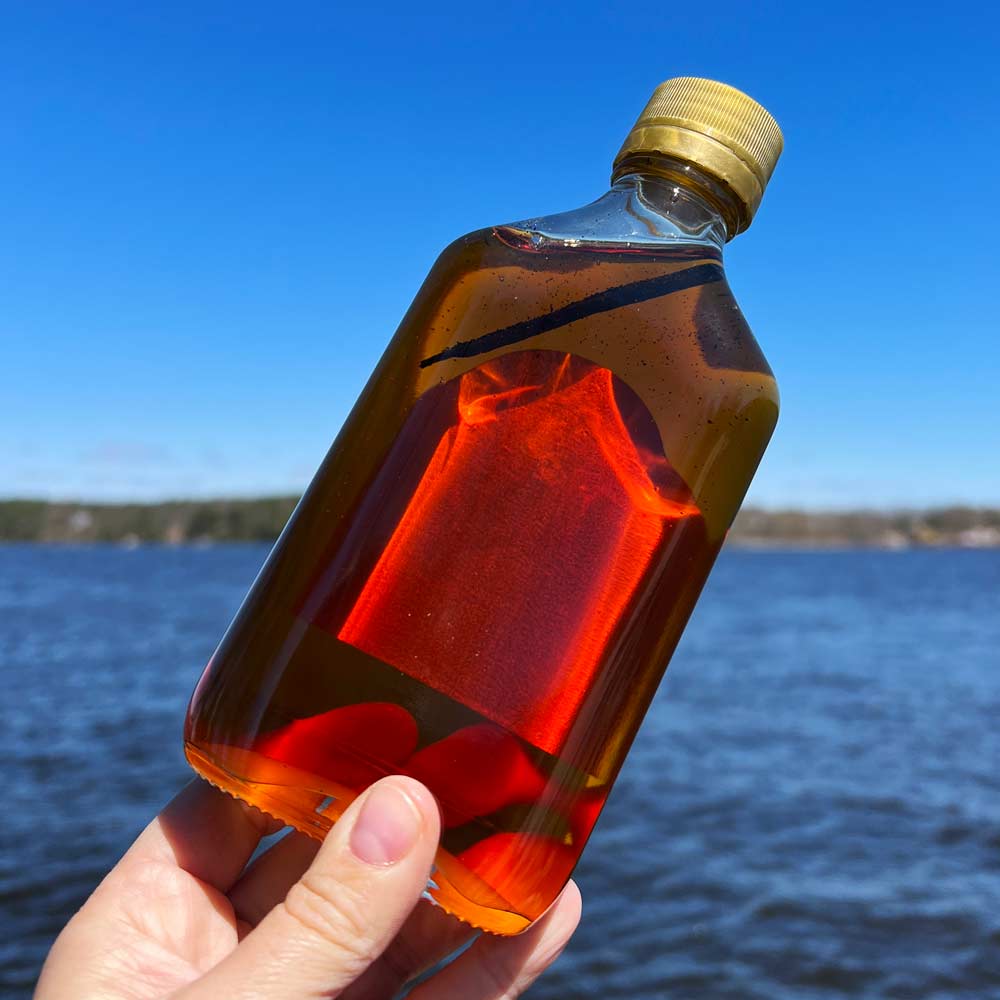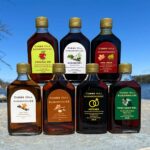Cobbs Hill Sugarhouse
Maple Bean Syrup
4 in stock
Description
- Infused with a single Madagascar vanilla bean
- Creates a soft, buttery vanilla flavor that just barely elevates our Maine syrup.
- 200ml
The Maple Bean Syrup is an infusion with a single Madagascar vanilla bean creating a soft, buttery vanilla flavor that just barely elevates the Maine maple syrup. Made by Cobbs Hill Sugarhouse, a small-scale operation located in Mount Vernon, roughly the center of Maine. The family has been making maple syrup for nearly two decades, and adding novel infusions for about five. They enjoy the work and relish the look on each new customer’s face when they taste these cool blends and infusions
They aim to tap the strongest, best-looking sugar maples with traditional spiles and buckets. These beautiful trees are scattered within a few miles of the sugarhouse. Some are located on their property, but many of the larger landowners in the area allow us to tap their trees — in exchange for some syrup.
Why use buckets? Two reasons.
First, they’re attracted to the heritage and aesthetic of the traditional sap collection in central Maine. It’s hard work, but they enjoy the process. And who doesn’t like seeing buckets hanging from trees in spring?
Second, buckets have higher quality control. Each time they gather, they inspect the sap for clarity and freshness. If it’s not right, it’s not used. That level of care and cautiousness can’t happen with miles of plastic tubes. High-quality syrup demands steadfast quality control.
At Cobbs Hill Sugarhouse, they boil small batches of fresh sap on a wood-fired evaporator. Many believe that the longer sap simmers, the more flavorful the syrup. They agree. AND they use a wood-fired evaporator because maple syrup is a magnet for aroma. So Cobbs Hill Sugarhouse Maple Syrup has a hint of wood smoke…not fuel oil.
Maple syrup is a true gift from nature — and they take they job seriously. Large-scale operations pull sap using gas-powered pumps and long lines of plastic tubes. Then, they send it through reverse osmosis machines multiple times and boil huge batches over oil-fired evaporators.
They don’t and never will.
Other Products You May Like:
-
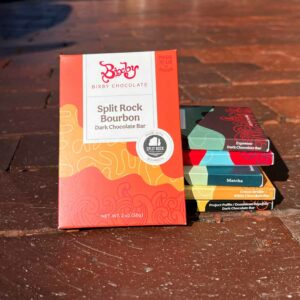
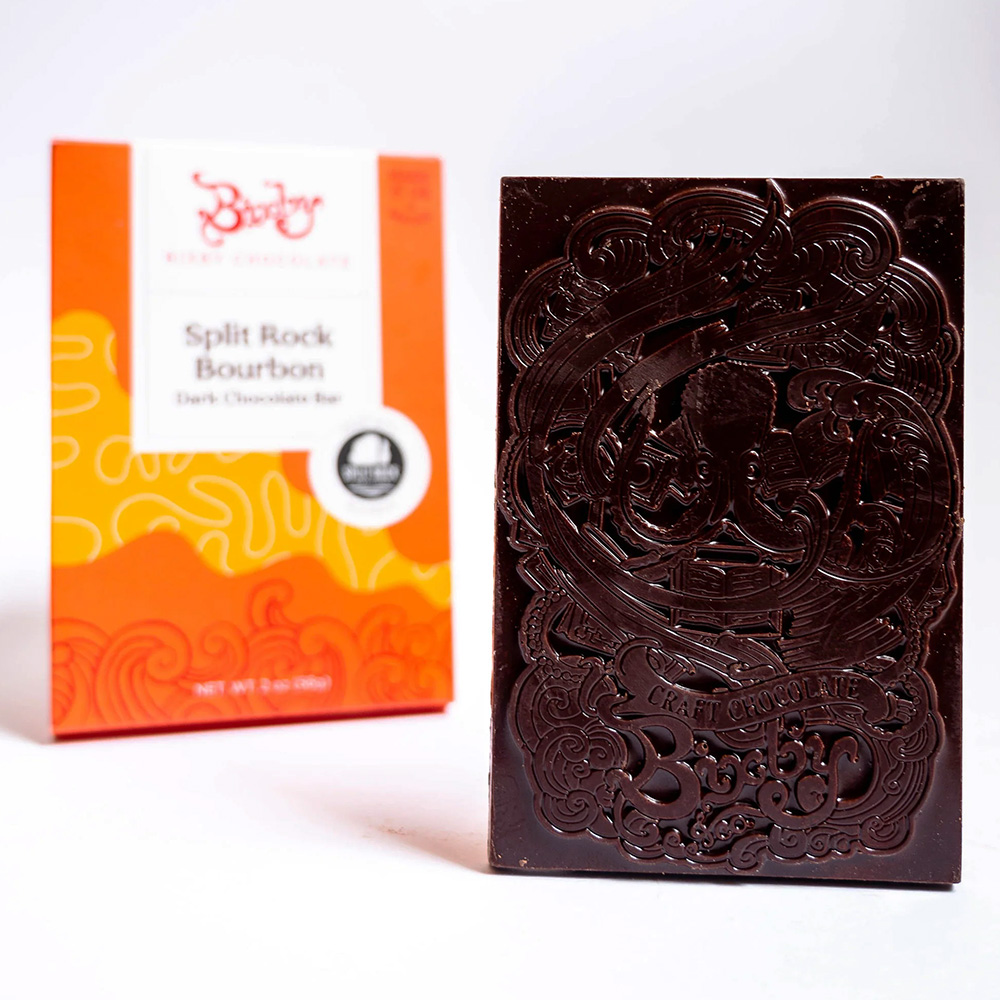
Split Rock Bourbon Bar
$13.993 in stock
-
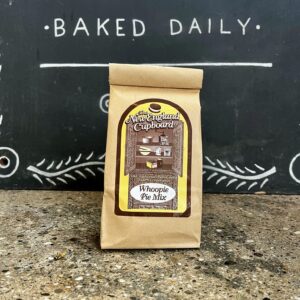
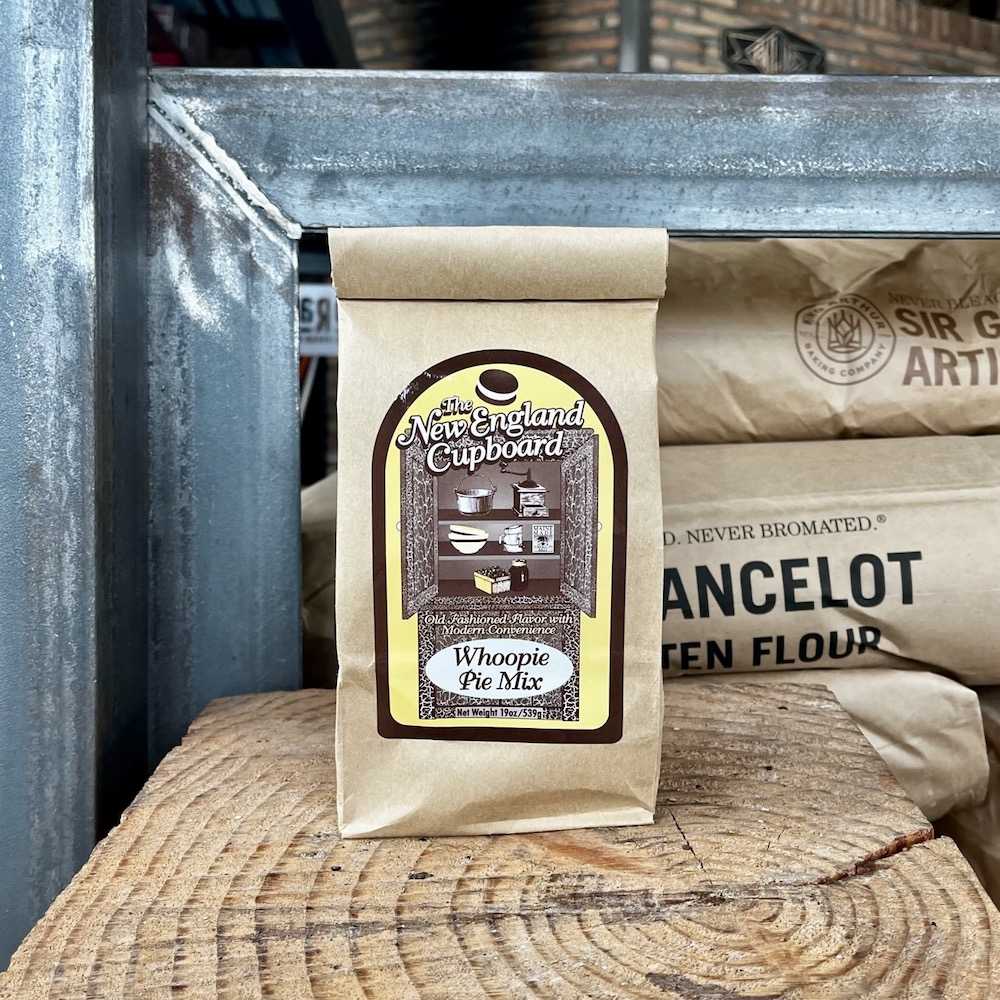
Whoopie Pie Mix
$11.002 in stock
-
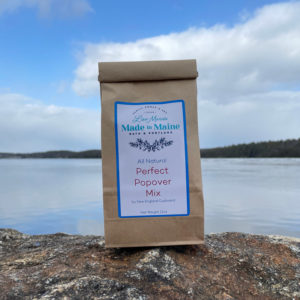
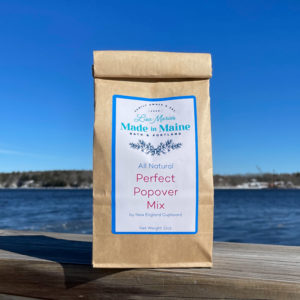
Popover Mix
$7.993 in stock
-
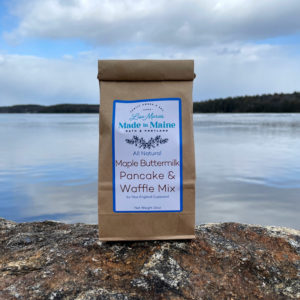
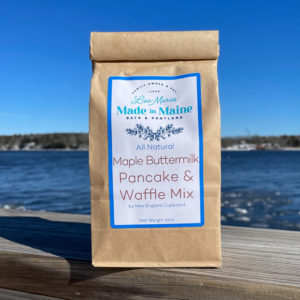
Maple Buttermilk Pancake & Waffle Mix
$11.001 in stock

